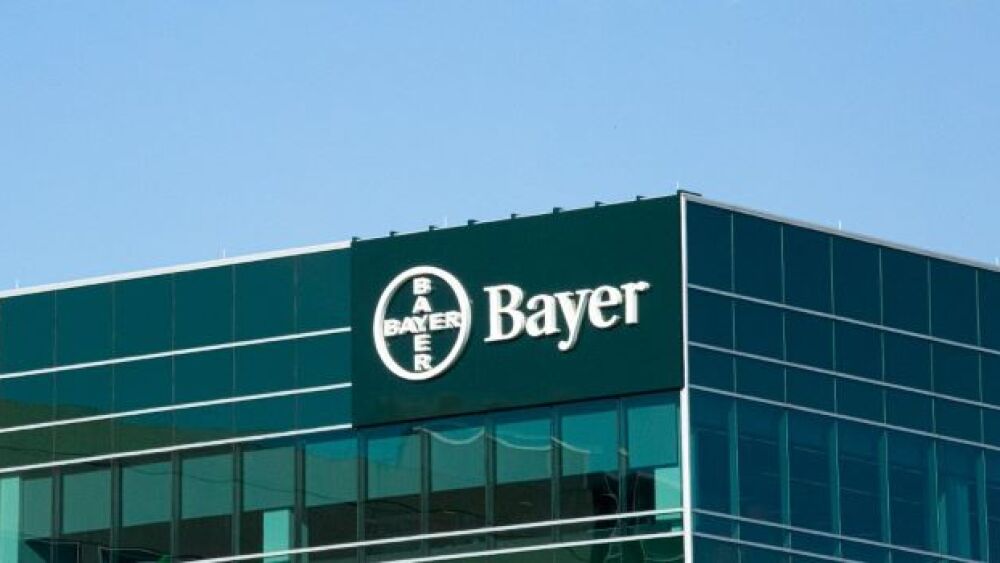Vividion Therapeutics and Tavros Therapeutics entered into a five-year collaboration agreement, valued at up to $930 million, to discover and develop four novel oncology targets.
Kena Betancur/VIEWpress/Corbis via Getty Images
Bayer subsidiary Vividion Therapeutics and precision oncology company Tavros Therapeutics entered into a five-year collaboration agreement, valued at up to $930 million, to discover and develop four novel oncology targets.
The deal will see Vividion hand over $17.5 million in cash upfront and commit up to $430.5 million in future payments, depending on the fulfillment of certain preclinical, clinical and commercial milestones.
The Bayer biotech will also have the option to add up to five additional targets to the collaboration, giving Tavros $482 million more in potential earnings. Tavros is also eligible for low-single-digit royalties on certain programs that will come out of the partnership.
Wednesday’s Vividion alliance follows Tavros’ 2020 deal with Zentalis Pharmaceuticals. The deal is meant to broaden the latter’s pipeline with next-generation small molecule candidates, and a 2021 collaboration with OpenBench to identify potential antagonists against an undisclosed cancer target.
Last month, Tavros closed its second seed round of financing, where it earned $7.5 million.
Tavros CEO and co-founder Eoin McDonnell, Ph.D., told BioSpace the partnership is “an ideal pairing,” in that “it allows Tavros to tap into the ‘undruggable genome’ that otherwise would be inaccessible to us from a draggability standpoint. We see this as a great way to expand the utility of our platform and expand our reach and impact on patients.”
McDonnell added that proceeds from the deal will allow Tavros to grow the team to fulfill their obligations to the partnership and support other internal pipeline efforts.
Tavros and Vividion: ‘An ideal pairing’
The collaboration will combine Tavros’ precision oncology platform with Vividion’s chemoproteomic technologies. The Durham, NC-based biotech uses high-throughput functional genomics and sophisticated computational techniques to identify unique weaknesses in tumors, which then forms the basis for more intentional drug development, leading to potentially more effective treatments.
“We harness the power of synthetic lethality and identify ways to take advantage of the genetic alterations that are enabling the tumor to grow,” McDonnell explained. “Tavros’ role will be in providing insights to Vividion on which of the thousands of potential targets that they can drug have the most de-risked and clear clinical paths with defined patient stratification biomarkers.”
Bayer’s San Diego-based subsidiary specializes in finding previously unknown functional pockets on the surface of disease-relevant proteins. Using this information, Vividion can also screen for unique small-molecule compounds that can selectively attack these pockets to therapeutic effect.
Vividion’s approach has so far spotted more than 800 novel functional pockets and has resulted in more than 100 hits with small molecule compounds.
The potential of this platform to address previously undruggable targets, particularly in cancer and immune diseases, drove Bayer in 2021 to put forth $2 billion in an acquisition deal. At the time, Vividion had been eyeing an initial public offering. However, it decided to forego its plans in favor of the buyout.






